IE 11 is not supported. For an optimal experience visit our site on another browser.
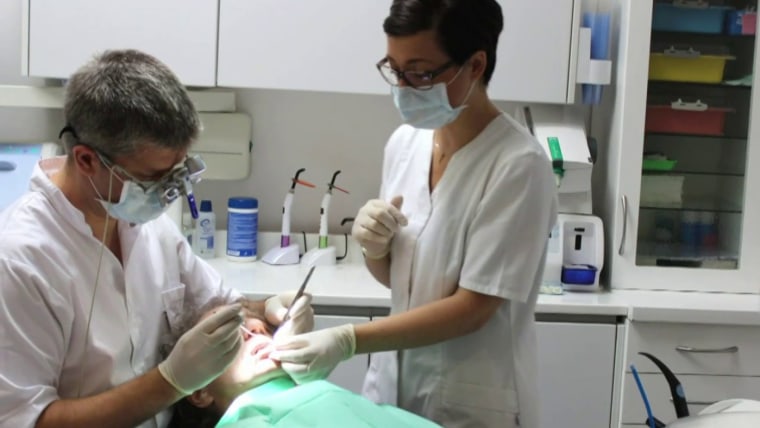
-
Now Playing

New study says fluoride ban could increase kids’ cavities by millions
02:59
-
UP NEXT
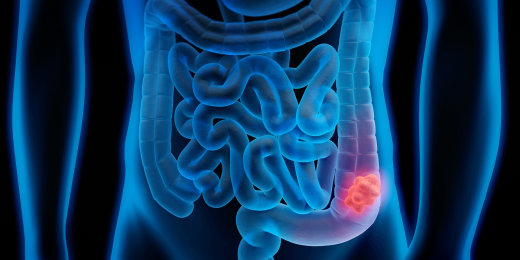
New Study Shows Promising Results in Fight Against Colon Cancer
02:10
-

Making sense of hospital bills after emergency surgery
02:55
-
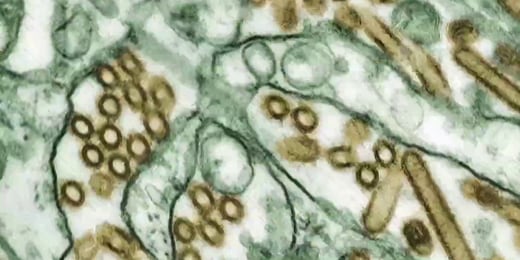
HHS cancels $766M in funding for Moderna to develop MRNA vaccine against bird flu
03:33
-

West Virginia town fears proposed funding cuts to fight opioid crisis
03:47
-

WH points to ‘formatting issues’ when asked about MAHA report inaccuracies
01:00
-

Doctor Shares Prevention Tips and Common Symptoms for Strokes
04:36
-

Meet the 102-Year-Old Cleveland Doctor — Who Is Still Working!
04:29
-
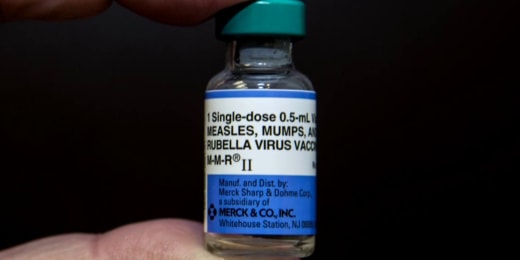
New Texas Bill Makes It Easier to Request Vaccine Exemptions
02:08
-

Why women are more at risk of stroke than men
03:12
-
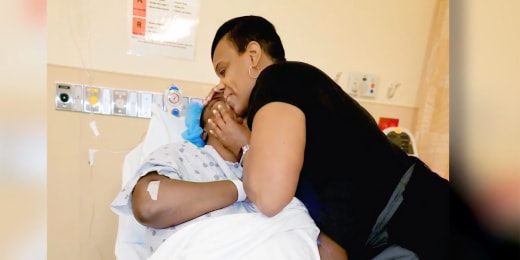
Mother and daughter graduate together after life-saving kidney donation
03:31
-

Inside The Power of Saying ‘I Was Wrong’
05:00
-

RFK Jr. Announces Major Shift In COVID Vaccine Strategy
02:16
-
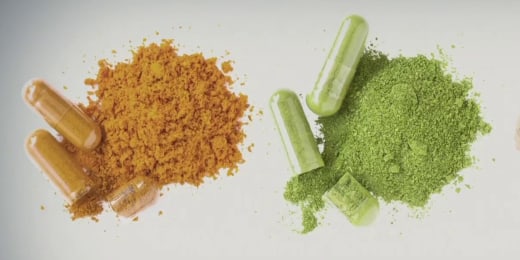
Some supplements may cause liver damage
02:10
-
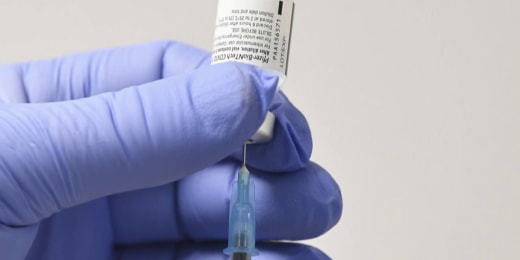
Secretary Kennedy announces the CDC is changing COVID-19 vaccine recommendations
01:02
-
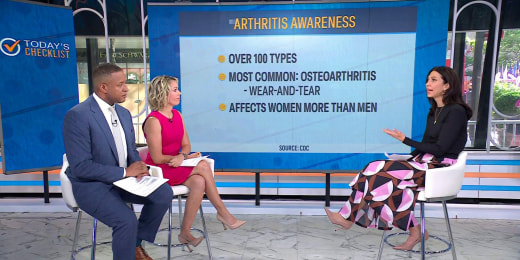
Arthritis checklist: Different types, symptoms, treatment options
05:33
-

Neurodiverse author shares defiant life story in new autobiography
05:03
-

Double amputee leads push to end ‘wounded veterans tax’
03:06
-

Jim Gaffigan talks new comedy album, family, 50-pound weight loss
04:12
-

Christie Brinkley, Billy Joel’s family rally around him after diagnosis
02:09
NBC News NOW
-
Now Playing

New study says fluoride ban could increase kids’ cavities by millions
02:59
-
UP NEXT

New Study Shows Promising Results in Fight Against Colon Cancer
02:10
-

Making sense of hospital bills after emergency surgery
02:55
-

HHS cancels $766M in funding for Moderna to develop MRNA vaccine against bird flu
03:33
-

West Virginia town fears proposed funding cuts to fight opioid crisis
03:47
-

WH points to ‘formatting issues’ when asked about MAHA report inaccuracies
01:00
